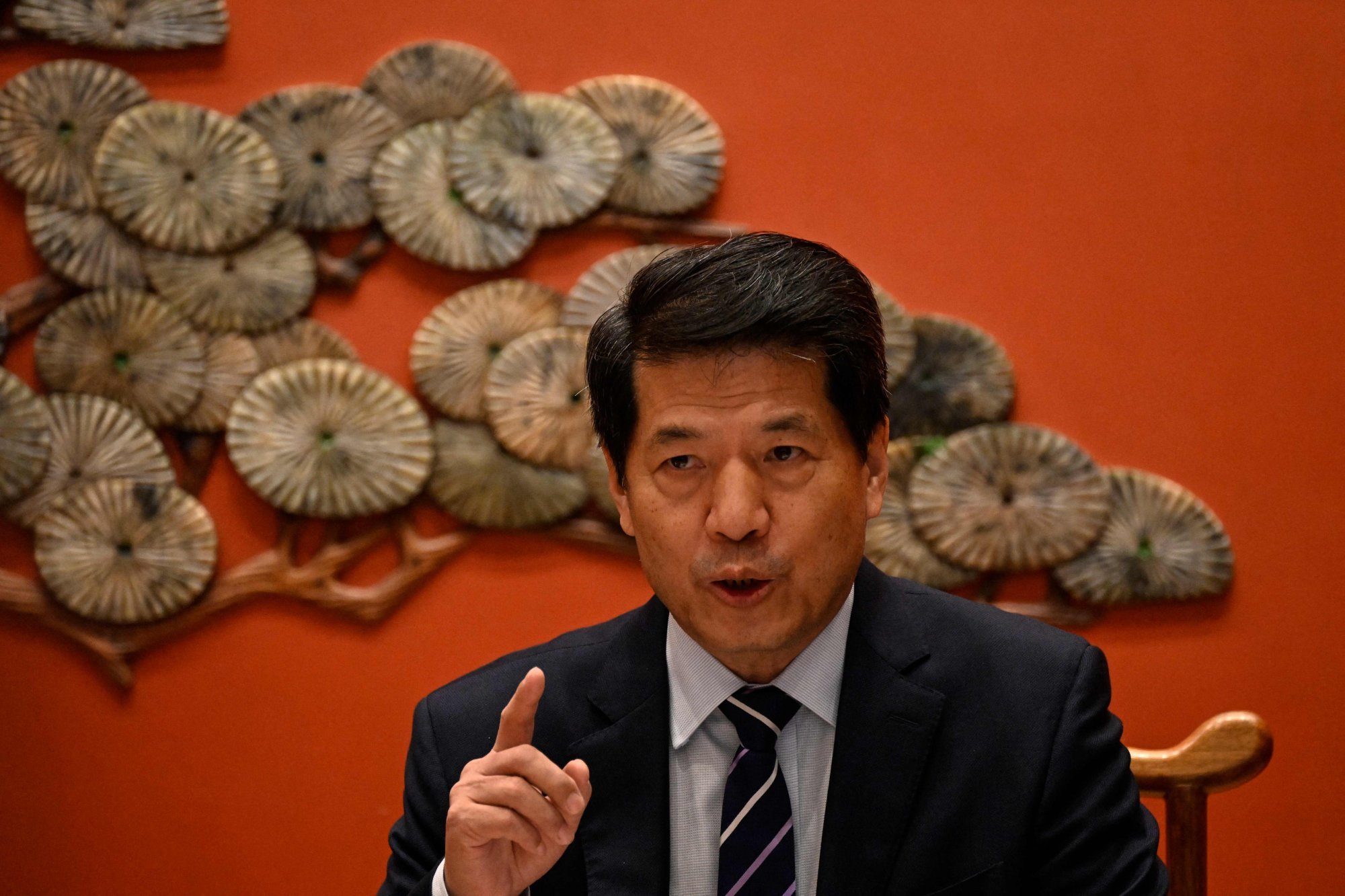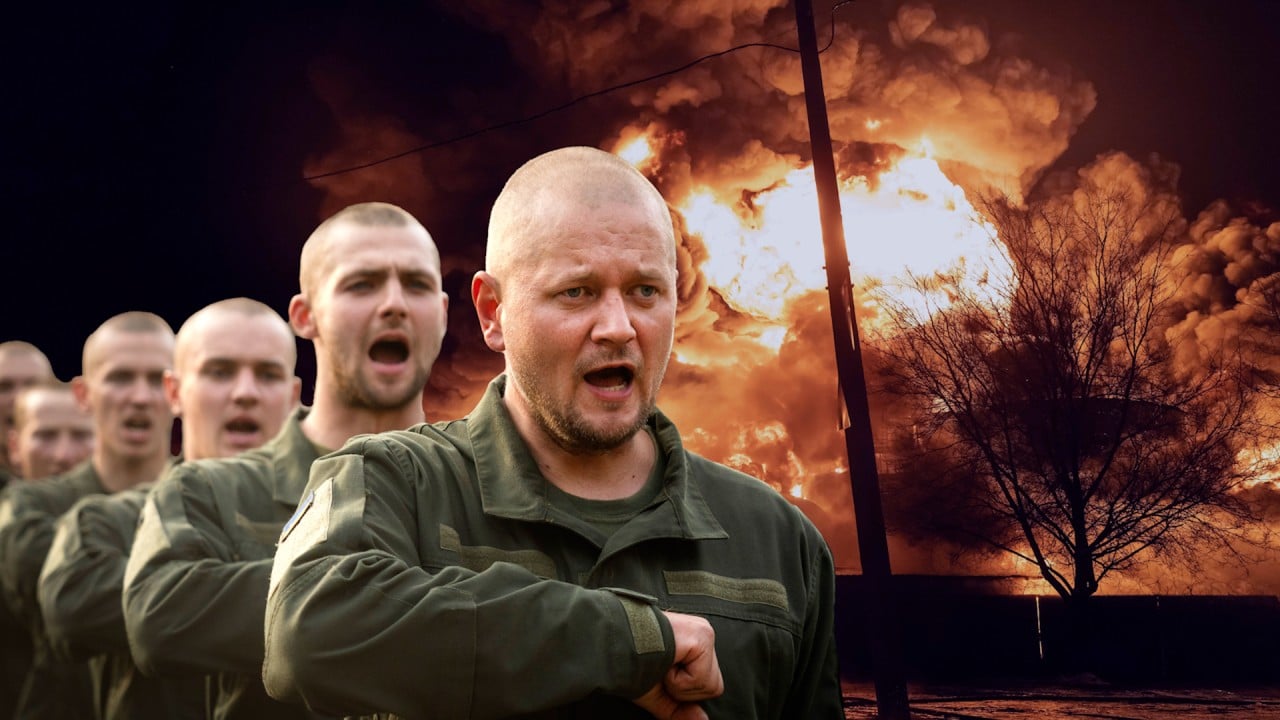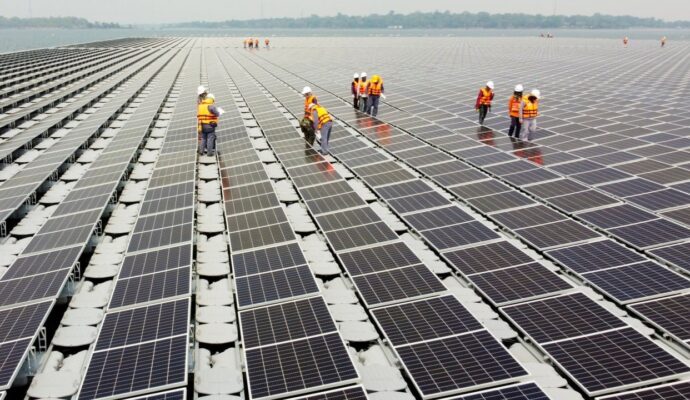Li Hui will travel to Russia, Ukraine and the European Union headquarters in Brussels during the trip, which begins on Saturday. He will also visit Poland, Germany and France.
It is Li’s second peace mission to the region after a visit in May last year that did not make any immediate progress.

Foreign ministry spokeswoman Mao Ning on Thursday said the trip was aimed at “building consensus to stop the war and to pave the way for peace talks”. She said China was willing to take a “unique” role in peace efforts.
Two years on from Russia’s invasion of Ukraine, tens of thousands of people have been killed and there is no end to the war in sight.
Ukraine, running low on ammunition and soldiers, in February lost its stronghold of Avdiivka to the Russians, and Western allies are struggling to keep on top of their promised military support to Ukraine.
Meanwhile in Russia, soaring government spending on the military offensive in Ukraine has driven economic growth despite the US-led sanctions imposed on the country since the start of the war.
Wang Yiwei, an international relations professor at Renmin University in Beijing, said war fatigue could create possibilities to negotiate a ceasefire. “However, those negotiations will depend on the situation on the battlefield,” he said.
Chinese, Russian diplomats talk security, Ukraine as war enters third year
Chinese, Russian diplomats talk security, Ukraine as war enters third year
Beijing has sought to portray itself as neutral and a peacemaker in the conflict. But it has drawn criticism for its close ties with Moscow and refusal to condemn the Russian offensive, and the European Union has warned China against aiding Russia’s war effort or undermining sanctions against it.
Li Lifan, a Russia specialist with the Shanghai Academy of Social Sciences, said the special envoy’s trip could also be part of Beijing’s efforts to improve ties with Europe.
According to Li Lifan, China could propose some changes to its approach to mediation during Li Hui’s trip as well as “respond to the complaints made by European countries”.
But he said the future of the war depends on Moscow and Kyiv, “rather than being subject to the influence of a third country”.
Justyna Szczudlik, a China analyst with the Polish Institute of International Affairs, said Li’s tour was “not real mediation” but “part of the ‘smile diplomacy’ or ‘charm offensive’”.
Li has largely stayed out of the spotlight since has last tour to Europe a month after he was appointed to head China’s peacemaking efforts. He was absent from most global peace conferences on Ukraine in the past year, including a June meeting in Copenhagen and the Malta summit in October.
“Li Hui’s unexpected reappearance a few days after the second anniversary of Russia’s full-scale invasion of Ukraine is not to mediate, but to try to improve his image in Europe, given the upcoming European Parliament elections, the upcoming inauguration of Lai Ching-te as Taiwan’s president, ahead of the US presidential election,” Szczudlik said.
“China may also feel that this is a good time for Beijing to show its goodwill when it comes to Ukraine, as the situation on the battlefield is not very favourable for Ukraine,” Szczudlik said.
“However, China is trying to present Europe with a beautiful package/box without changing its real contents.”



